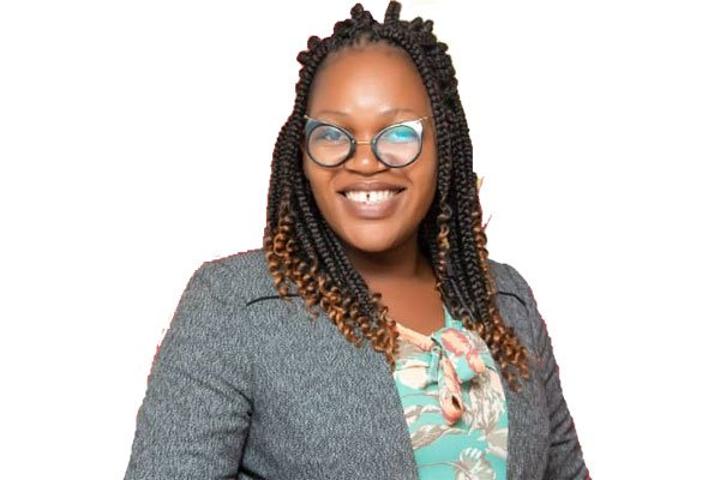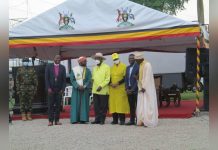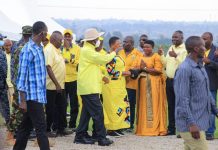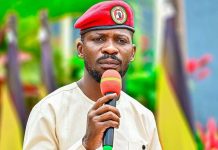Africa-Press – Uganda. The January 16 election results, the subsequent petition and eventual withdrawal of the same by the Robert Kyagulanyi, revealed how fragile yet potentially robust our democracy is. We find ourselves yet again facing highly polarised political conflicts stimulating intense passions.
Crimes have been committed, violence has been perpetrated, lives have been lost, offices have been invaded, and the common person has paid the ultimate price. We can’t just “forgive and forget,” and swiftly move on.
These political conflicts are not going to disappear; each encourages us to pick sides, narrow down to options of either/or, yes or no, party A or B, forward or backward. Even worse, they force us to choose between competition and collaboration, when we can actually do both; they ask us to add our weight, hearts and minds to bring about the future we want but they do so by requiring us to fight for our future over the futures of others, then our victory automatically spells their defeat.
Legal procedures were invented to provide justice yet they nearly always fall short because they are objective, superficial, and oriented to compliance, unsuccessfully reaching people emotionally, resultantly escalating hate and disagreement.
Yes, there’s a winner and a possible loser but no solution to the underlying issue. Yet, for this very reason, the need for dispute resolution personnel has never been greater. When we don’t talk, or listen to each other, one of us becomes violent and another becomes crazy.
For any democracy to succeed, it’s important to allow expression of dissent and diverse political views, even extreme ones, and recognize that all conflicts conceal underlying truths. We need to better understand the differences between power, rights, and interests, and think more deeply about insurrection from a dispute resolution point of view.
Mediative methodologies, dialogue facilitators, conflict coaches, and others can work with groups of political adversaries to design and organize “courageous conversations,” and ask questions that attract dialogue so as to encourage democracy evolve beyond adversarial power.
Mediators will train on how to talk – not at, or even to, but with each other; and to listen – not defensively, or to insults and falsehoods, but empathetically and collaboratively, to perceptions, feelings, and a broad range of complex truths – and to do so without asking people to abandon their values, principles, or beliefs.
These, in turn, will allow us to invite citizens of all cultures, beliefs, and backgrounds to constructive dialogue without over-simplifying or blaming each other.
The challenge is separating free speech and legitimate political advocacy from incitement of violent and aggressive actions that are aimed at abolishing democratic rights, or denying them to others altogether. Remember it is not shouting “Fire” that is wrong but falsely shouting “Fire” in a crowded place, thereby causing a panic. Leaders tend to have loyal followings that take whatever is said as gospel truth, even when they know it isn’t.
We do not have long to prepare for 2026. We have listened, watched, read, argued, and voted. Yet it is only now that real politics begins – to allow us, as mediators, to elicit and help shape the conversations that lay the foundations for the kind of world that we, our children, and our great grandchildren will want to live in.
Whatever we do, whichever path we take, our actions and inactions shape the flow of our political futures. We ought to encourage teamwork, collaborative negotiation, non-violent communication, restorative justice, all of which combine mind and heart, thereby strengthening empathy, solidarity, synthesizing our best ideas, and authentic agreement to leave no one behind.
Through our willingness to apply our skills, and aid even our opponents in collaborating and solving their problems, we can help design and create the systems and environments that will be needed for all of us to survive, and not sink into brutal, violent, and senseless conflicts.
We can face our problems together, or grapple with them alone. Every day, let’s choose to be citizens. Let’s vote for a less hostile, violent, and adversarial world. Let’s vote for dialogue, problem solving, and conflict resolution.
Ms Joy Ndegemo Atkinson is a lawyer, mediator, researcher and arbitrator. [email protected]






